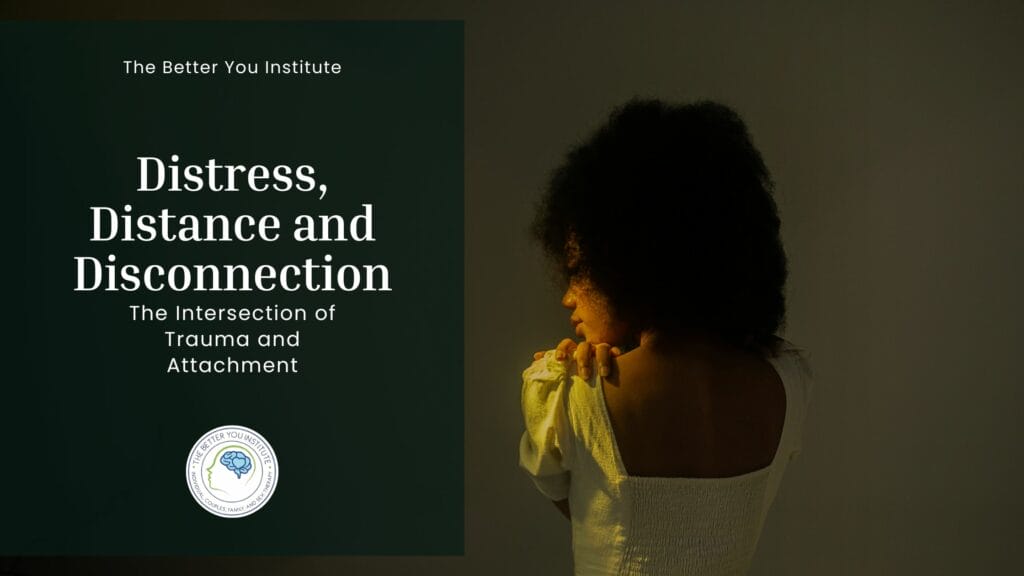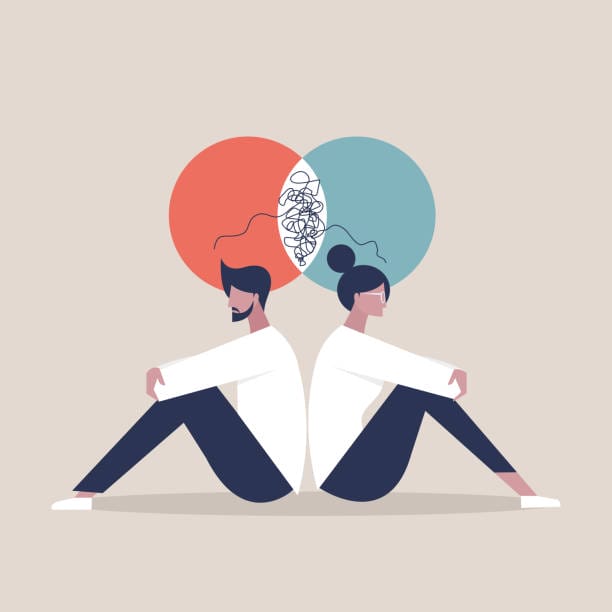Do you ever suddenly feel like you’re in a rut? Your level of boredom has reached a point where you’re simply going through the motions. Your days feel monotonous, which kills your creativity, spunk, and go-with-the-flow vibe. Your daily routine, although it may be necessary and comfortable at times, can become a hindrance to your overall well-being.
There are benefits to having a routine, such as predictability, which can lead to productivity, organization, and feeling a sense of meaning. We all have schedules and responsibilities to adhere to, but there is no need to get stuck in a routine that is unfulfilling and drab.
Everyone needs a bit of spontaneity, variety, and even a little chaos in their day to keep their mind sharp. This article will provide tips and tricks for breaking the routine of your daily life.
Table of Contents
Routines Are Helpful
Routine is the music track of our lives that we listen to every day. It is common to have a daily routine. You get up in the morning, brush your teeth, take a shower, maybe grab some breakfast or coffee, and go to work or school. Once you’re at school or work, you succumb to your daily rituals that help you get the tasks at hand completed and be on your way.
Routine keeps you regulated throughout your day. You leave work or school then go to the gym, pick up your kids, go grocery shopping, come straight home, etc. Before you know it, it’s time for bed to wash and repeat the next day.
Here, your brain can focus on the things that take more energy or thought. Unlike pouring your cereal in the morning, doing hard math in school or brainstorming how to troubleshoot a big project with coworkers takes a lot of brain power. Routines help you organize your time and focus your brain so that it doesn’t exert too much energy on the easier tasks.
Therefore, having a daily routine leaves you feeling accomplished in the day’s tasks that are repetitive and those that take a bit more thought, as well as calm or regulated.
Indeed, our brains crave routine, habit, and predictability. We are wired to recognize similarities and feel comforted by this (or in the case of a traumatic history, feeling unsettled by something that feels familiar to our trauma). In the same vein, we create habits and routine as a way to seek comfort and calmness.
Our body and mind can only maintain chaos for so long until we break. That is, we get sick, we can’t focus, we feel drained or depressed, etc. Forming a plan and sticking to it can help us feel settled and can be great for our overall well-being.
When Routine Becomes A Limitation
Routine can become repetitive, mundane, or dull. Because routine is so predictable, you can go on autopilot with your actions, leaving you space to ponder life’s biggest questions. You wonder, is this all life is- Birth, School, Work, Relationships, and Death? You stop and think, “am I going into the right path in life”? “Did I make the “right” choices that lead me to where I am today?” “Is this my life’s purpose?” Oftentimes, people find themselves asking these questions and having major doubts.
You’re reading this because you’re under the thought domain that humans were not meant just to work and pay bills (live to work). We are meant for so much more than that (work to live). Here are some tips to show yourself that you are meant for so much more than what you are currently doing in your life. The idea here is to find the perfect balance of predictability and nuance in your life.
To find balance in your life where you feel calm and in control but also not bored, underwhelmed, and stuck, follow these tips for breaking the routine:
Breaking The Routine Tip 1. Change the small things
The goal is to get out of your comfort zone, that is your routine. You can start with the little things in your daily routine before you even leave your bedroom. Below are some examples:
- Make your bed but try making it up differently each day. Research shows that making your bed will help you gain a sense of accomplishment and can help you face your day (this is the structured part). Moving pillows around or folding the top blanket differently each day, can add nuance to your routine. It helps you exercise the creative part of your brain.
- If you are a coffee drinker, try a different kind of coffee or try adding something different to your coffee. See if you can taste the difference. Here you are giving your sensory neurons something different to pay attention to.
- Wake up earlier than you usually do to make breakfast instead of buying it. Again, you are tapping into the creative part of your brain by having to make food but also may feel good about saving money, making something healthy, completing a task, the list goes on! Or, if you like the human interaction you get at the cafe you go to, try a new cafe once in a while.
As you can see, you’re still sticking to a routine: waking up, making your bed, drinking coffee, and eating breakfast. However, these small changes can revive your previously drab day and activate different parts of your brain, which may help you later in more difficult tasks. Small changes will prepare you to change the bigger things in your life as they come up.
Breaking The Routine Tip 2. Change your surroundings
Instead of coming home from work and starting your evening routine, try going for a walk or at least sit outside for a bit. Enjoy exploring the world that is around you. Nature can have a calming effect. When we feel calm, our capacity to take on new things, get things done, or hold space for chaos increases. Too often, routine has you focused on the task at hand. Thus, not allowing you to notice the nuances surrounding you.
Additionally, changing your surroundings can spark more creativity. If you have a work project, a school project, studying, etc., try completing them outside, or at least in a different space than you normally complete them in. Move away from any distractions that you have in your living space such as your television or cell phone. These types of distractions can draw you away from being intentional about breaking out of the mundane.
Breaking The Routine Tip 3. Pick up a hobby
A hobby that is different and exciting can be something you enjoy at the end of the day! Feeling excited (versus bored or robotic) throughout your day keeps you driven. A hobby that allows you to liberate yourself from the usual life stressors can benefit you mentally and physically.
According to Dani Dipirro of Positivity Present, hobbies cause what is called eustress, a positive kind of stress that helps you feel more fulfilled and have more positive feelings about what you’re doing in life. You deserve to feel excited about life. It holds so many possibilities. Try a painting class or read that book you heard about from a coworker.
Breaking The Routine Tip 4. Travel
During your daily routine, you probably see the same people, same traffic, and same surroundings. By traveling into different areas, it could potentially change how you view current aspects of your life as well as increase the depths of your emotions, knowledge base, and so much more. Traveling causes people to step outside of their comfort zone by reflecting upon their own lives. Traveling can put things in perspective for you and help you to make some realizations about yourself and those surrounding you.
You have the opportunity to interact with different people that you come across, learn something new, and be challenged in a positive way that routine can’t offer. Even if you just travel to the next town over, you’re stimulating yourself in new ways. You’re giving yourself the opportunity to hear new perspectives and have new opportunities arise. This new stimulation will help you with breaking the routine of your daily life.
Breaking The Routine Tip 5. Check things off your bucket list
Do you have that one thing that you’ve always wanted to do, but you’ve been putting it off for various reasons? Now is the time to act! Your daily routine has set you up in a way that is safe. Now, utilize your safe homebase to do some exploring. Take that vacation, try a new hobby, ask that person out you’ve been eyeing. Say yes to yourself and finally check something off of that bucket list you keep putting off.
Whether it’s something minuscule like making certain recipes you found online, or something substantial like traveling throughout Europe for three months. You should reward yourself for the hard work that you put into your daily life. Do something you would love to do.
Breaking The Routine Tip 6. Self Care
Self-care is a large factor in coping with daily stressors. Self-care consists of everything related to staying mentally and physically healthy including hygiene, nutrition, and medical care when needed. Typically, there are two levels of self-care. The first level focuses on relaxation and calmness, and is behavioral. Some examples include getting your nails done, going for a round of golf, singing, taking a bath, or dancing. These are all different versions of behavioral self-care.
The other level of self-care is more introspective in nature. Going to therapy, reading self-help books, praying, or meditating are all versions of the more reflective, emotional self-care. Self-care can look different for everyone and it does not have to be the same thing everytime. Studies have shown that self-care promotes positive health outcomes such as resilience, living longer, and becoming better equipped to manage stress.
Breaking The Routine Tip 7. Intentional Mindfulness
Introduce the practice of mindfulness into your routine. You will find yourself catching things you didn’t know were present. Mindfulness can also clear your mind. With a clear mind, you increase your brain’s capacity to take on new tasks. Mindfulness is also a form of self-care. When we get stuck in the routine or grind of the week, we often lose sight of making sure we’re at our best.
Breaking the routine of your daily life is about noticing and opening yourself up to all the possibilities that are out there in this world. By doing just one of these tips, you are breaking your daily routine. Change is not easy; it can be extremely hard in the beginning. You will start to see a domino effect once you start breaking your daily routine.
You will find yourself moving forward in a new and positive way. Your mindset will begin to change. Through breaking the routine of your daily life, you may feel a higher sense of purpose. You will be able to define your own reason for being here. After reading this article, if you’re still struggling at breaking your daily routine, The Better You Institute can help you refine your skills. Call us at 267-495-4951 to set up an appointment.







